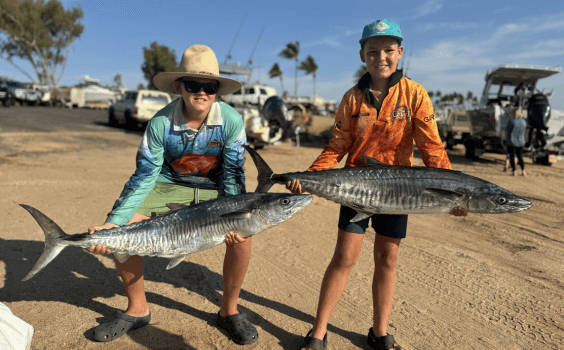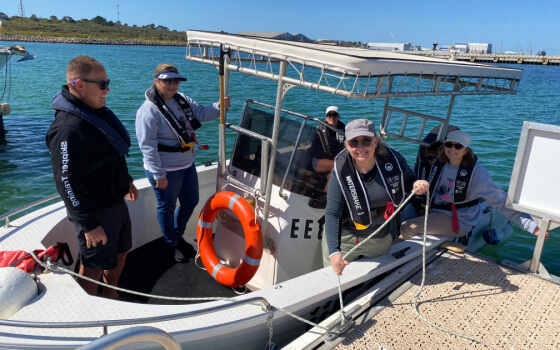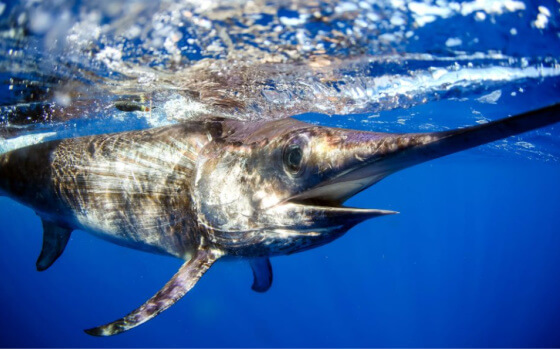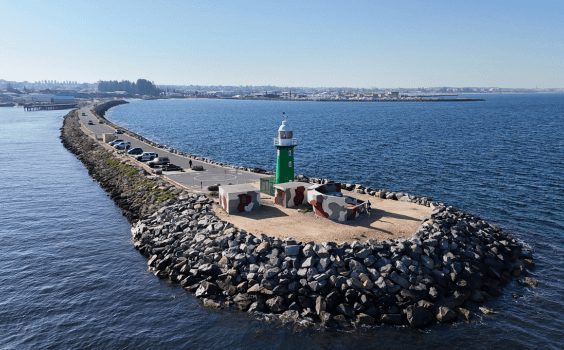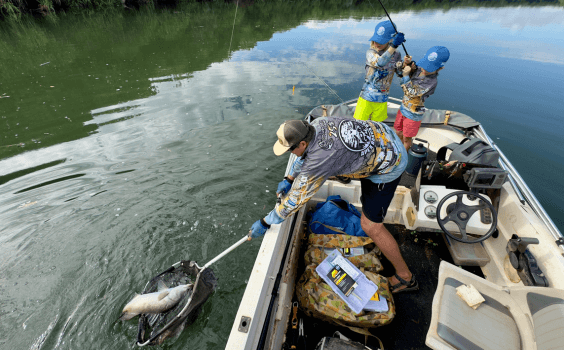World-leading Australian marine biologist Dr Julian Pepperell will be a special guest at the popular GAMEX fishing tournament in Exmouth this month.
GAMEX organisers will be hoping for better luck this year after a looming cyclone forced the cancellation of last year’s event. Dr Pepperell will be at the competition as part of his project to use local fishing tournaments to monitor and research important recreational game fishing species.
This project, supported by Recfishwest and the Department of Fisheries, is funded by your licence money through the Recreational Fishing Initiatives Fund (RFIF).
His program encourages fishing clubs and recreational fishers to facilitate and conduct monitoring and biological research on billfish, tuna, sharks, mackerel and other fish captured during major game fishing tournaments throughout WA, as well as during normal game fishing club activities.
In New South Wales game fishing tournaments have facilitated more than 40 research projects from more than 20 scientific organisations. These include a range of projects that assist in the management and sustainability of these species through studies of their biology, ageing, genetics, ecology, reproduction and movement.
Dr Pepperell is trialling a new non-invasive genetic sampling technique, which basically involves collecting fish DNA from their external body mucous.
The new technique has been adapted by using ‘FTA Cards’ normally used in human forensic work. FTA Cards are used to store DNA after fish slime has been obtained from the fish and wiped on the cards, ready to be mailed to the lab for genetic analyses.
Marlin and sailfish are ideal subjects for this type of research, as they have been shown to handle catch and release fishing well.
Recfishwest believes that Dr Pepperell’s coordinated biological monitoring and sampling program for tournament and club-based fishing in WA will ultimately provide important data for the purposes of better understanding various species, particularly the movement and population genetics of billfish species inhabiting the Indian Ocean about which very little is currently known.
The program is also archiving tissue samples from all fish weighed at the tournaments for potential future use by researchers both locally and globally.
To date, Dr Pepperell has attended three tournaments in WA resulting in 172 fish being sampled and 747 fish being tagged.
This project is another example that demonstrates a high level of commitment by recreational fishers towards assisting research to improve our knowledge of the state’s fish stocks.
